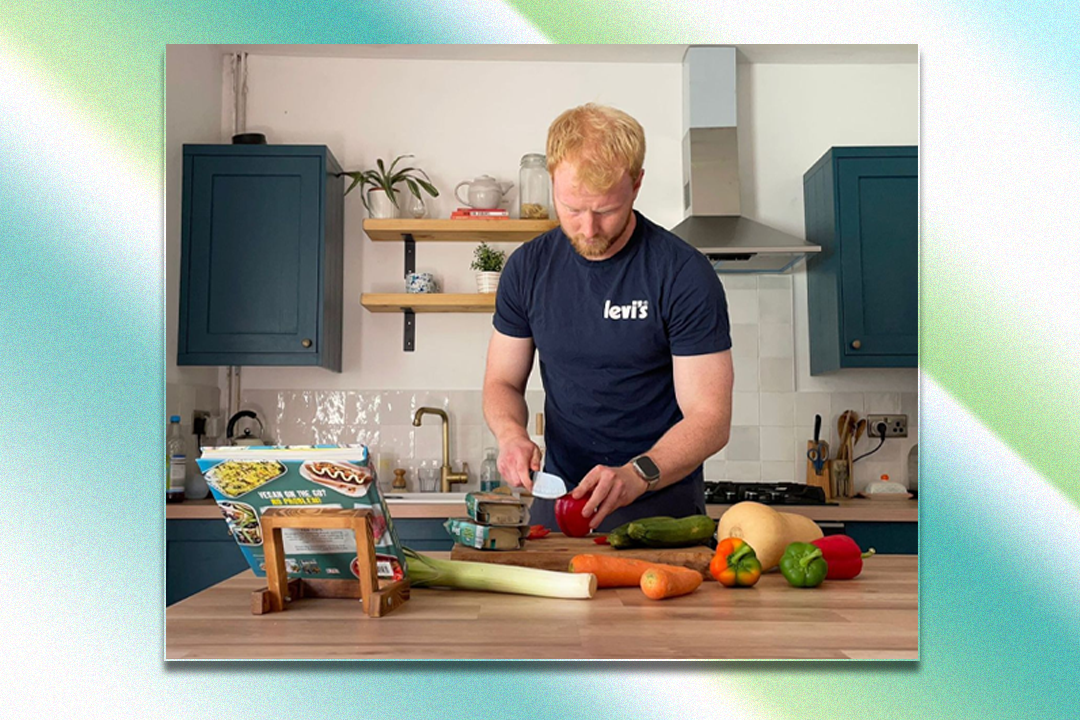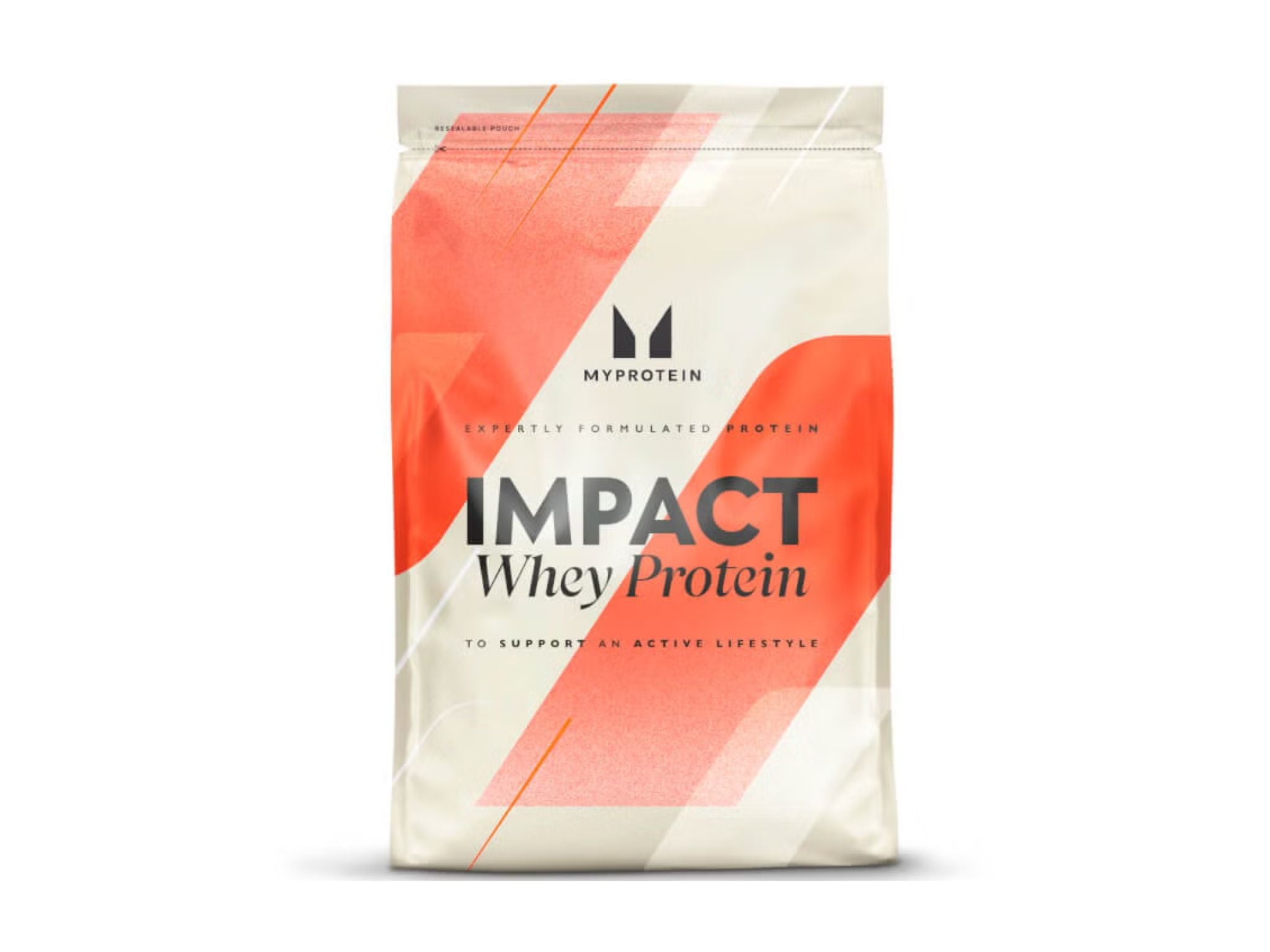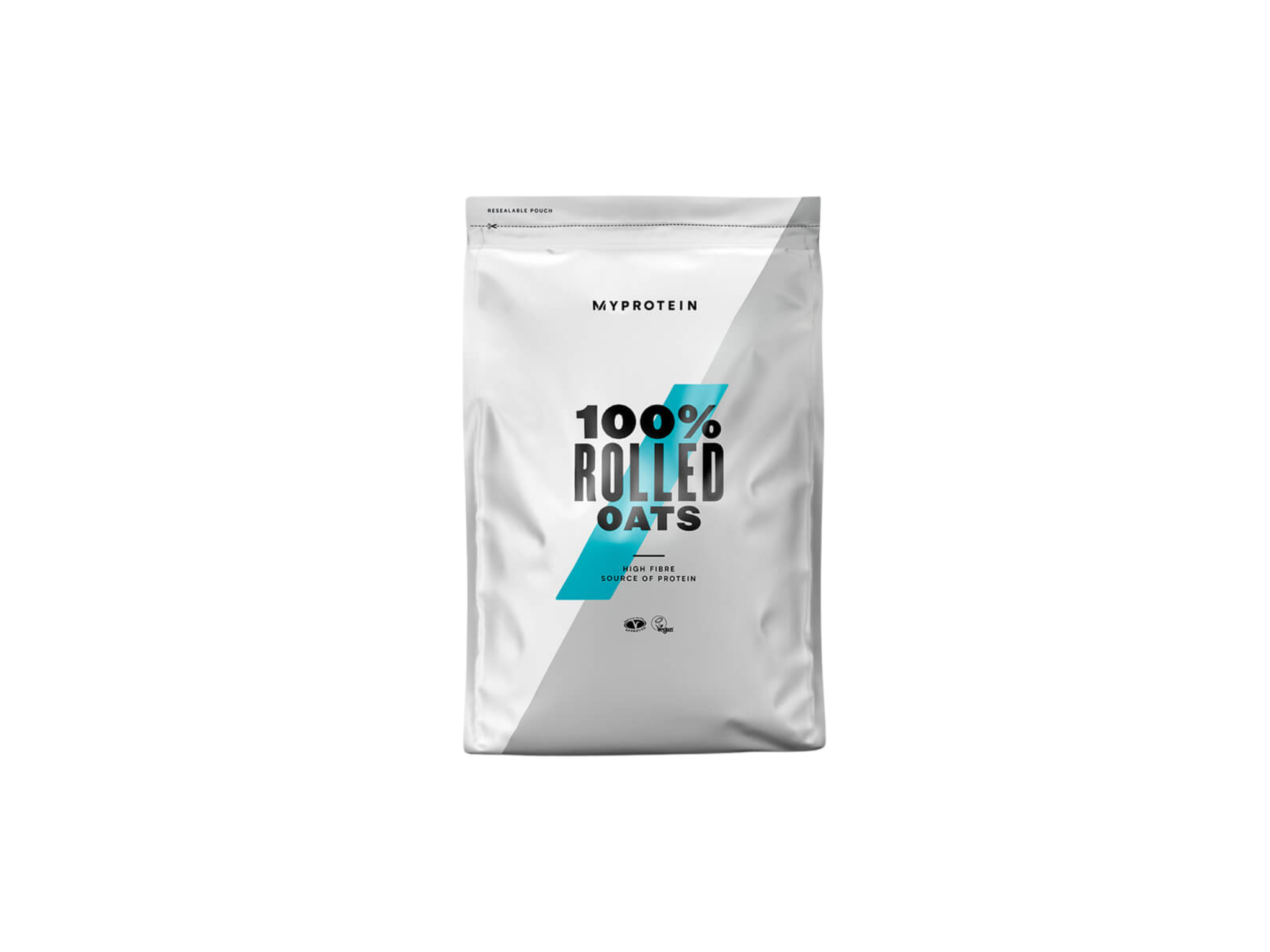These 6 diet tips helped me build muscle and stay in shape as a vegetarian
I’ve found following these tips helps me stay strong and in shape better than a strict diet would

Your support helps us to tell the story
From reproductive rights to climate change to Big Tech, The Independent is on the ground when the story is developing. Whether it's investigating the financials of Elon Musk's pro-Trump PAC or producing our latest documentary, 'The A Word', which shines a light on the American women fighting for reproductive rights, we know how important it is to parse out the facts from the messaging.
At such a critical moment in US history, we need reporters on the ground. Your donation allows us to keep sending journalists to speak to both sides of the story.
The Independent is trusted by Americans across the entire political spectrum. And unlike many other quality news outlets, we choose not to lock Americans out of our reporting and analysis with paywalls. We believe quality journalism should be available to everyone, paid for by those who can afford it.
Your support makes all the difference.As a fitness writer, I try to follow a diet that supports my active lifestyle and helps me perform at my best in the gym. As a vegetarian of five years, I also swerve meat and seafood. Marrying the two has its challenges, such as hitting a high daily protein quota, but I’ve found I’m able to do both by following a few simple dietary guidelines.
The reason I prefer guidelines to a regimented meal plan is because it gives me more flexibility with the food I eat. I’m not an elite athlete, far from it, and I still want to enjoy meals out, social occasions and all the other fun stuff life throws at me. With guidelines, I don’t have to worry whether anything on the menu will fit my strict macro targets or daily calorie goal – I can just eat a tasty meal and make adjustments elsewhere in my diet if needed.
This approach also gives me a greater chance of success in the long run. Interestingly, an oft-referenced 2005 study pointed to one factor being more important than any other when determining a diet’s success: adherence. And I find looser guidelines I can stick to are more effective than a rigid plan that’s forever being derailed.
Here are the six tips I’ve found the most helpful for building strength, staying fit and ensuring I hit my nutrition targets on a daily basis as a vegetarian who loves to lift weights.
Prioritise protein
With the term seemingly slapped on every other item in the supermarket, protein is practically a magic word at this point. But it is important, which is why prioritising it is the first entry on this list.
This macronutrient (one of three, alongside carbohydrates and fats) is responsible for building and repairing tissues (including muscle) and supporting the immune system, among other vital functions. It’s also the most filling macronutrient, staving off trips to the snack drawer better than fats and carbs. As an active person who loves lifting weights and is looking to build muscle, these are an attractive set of benefits.
I like to aim to consume a minimum of 1.6g of protein per kilogram of body mass per day. This is significantly higher than the UK government RDA of 55.5g per day for males aged 19-64, but research shows that exercisers achieving an energy balance (consuming a similar amount of calories to the amount they burn) are advised to “ensure they are consuming around 1.6 g/kg body mass per day of protein” to optimise the benefits of strength training, such as muscle growth.
The protein powder to buy:
Impact whey protein powder, £11.61, Myprotein

Eat smaller, more frequent meals
I’ve found that eating four smaller meals throughout the day, with each one containing 30-40g of protein, is the best way to stay on track with my protein target. If I’m falling short, a protein shake or protein-packed snack bar can be a handy way of topping up my total.
However, as lean meats and fish are off the table, I have to look elsewhere for my protein sources. Combining a variety of alternatives such as tofu, tempeh and eggs (which are all complete protein sources, containing all 11 essential amino acids your body can’t produce, but needs for optimal muscle growth) as well as beans, legumes and some meat substitutes has allowed me to plug this hole in my diet.
I also take a daily vitamin B12 supplement. Vitamin B12 is responsible for making red blood cells and keeping the nervous system firing on all cylinders, and it’s largely found in animal products such as meat and fish so it can be lacking in some vegetarian diets according to the NHS. So I take these tablets to try and counter any postible nutritient shortfalls in this area.
Ample fruit and veg
Fruits and vegetables are packed with many of the nutrients your body needs to operate at its best, including a wide variety of vitamins, minerals and fibre.
That’s why nigh on everyone in the UK is familiar with the government’s “five-a-day” campaign. This is based on World Health Organisation (WHO) material, which states that “eating at least 400g, or five portions, of fruit and vegetables per day reduces the risk of noncommunicable diseases” such as heart disease, cancer, chronic respiratory disease and diabetes.
But the phrase “at least” is important to note here, and I like to aim for a few extra portions of fruit and veg per day when possible. Subjectively, I feel better and more energised if I manage this, and the science seems to support tmy approach too.
A 2014 University College London study found that eating seven or more portions “reduces the specific risks of death by cancer and heart disease by 25% and 31% respectively”. It also reported that vegetables had a greater impact on decreasing risk of death than fruit.
Seven or more portions of fruit and veg sounds like a lot, but spread throughout the day it can be split into manageable chunks. I’ll wake up with a couple of pieces of fruit before my morning gym session, then try to include at least one portion of veg in each meal throughout the day (and more at dinner, when I have slightly more time to cook).
Small changes are easier to manage
My fitness goals change throughout the year. A lot of the time I just want to maintain my physique while having a ready supply of energy for training, but there are occasions where I’m gunning for a new one-rep max back squat and want to add some weight and muscle to my frame. Other times, I may want to slim down slightly while working towards something like a running-heavy Hyrox event.
To make my habit of eating four-or-so meals a day more achievable, I like to have a few go-to dishes – for me, these tend to be a breakfast bowl of overnight oats, and some eggs and tomatoes on toast later in the day. By keeping my food fairly consistent, and noting that my weight is staying pretty much the same, I can assume I’m roughly achieving an energy balance.
Then, when my fitness goals change, I’ve found I can achieve these updated aims by making slight changes to the serving sizes of my consistent meals, rather than overhauling my entire diet. This way I don’t have to go through the rigamarole of counting calories or weighing out every single ingredient, saving time, stress and effort.
The oats to buy:
100% rolled oats, £9.82, Myprotein

Appreciate treats with mindful eating
I don’t have a massive sweet tooth: chocolate and sweets don’t do anything for me, and this definitely helps when trying to follow a balanced diet. I do, however, love cake with all my heart.
Left untethered, I could quite easily plough my way through slice after slice, particularly if there’s a bountiful provision for an office birthday or I’m eating it while watching TV. But I’ve found I’m barely registering how good it tastes when I eat it this way.
So, if I’m going to have my cake and eat it too, I like to take a few minutes out of my day to fully appreciate the treat, whether that’s plonking down in a park near a bakery or eating it at the table. Whether you call this mindful eating or just enjoying your food, I’ve found it helps me appreciate the experience more and feel satisfied without needing to binge.
Leave a couple of hours between your last meal and bedtime
This last point is a recent addition to my routine, and it’s a game-changer. In an interview with sleep expert and The Sleep Scientist creator Dr Sophie Bostock, she recommended I try leaving two (if not three) hours between eating and going to bed.
This is because the process of eating sends messages to your internal systems telling them to wake up and metabolise your food, rather than ready you for rest. As a result, it can be tricky to access deep sleep for some time afterwards.
While it’s not always possible to eat my dinner early enough, I still try to leave a significant amount of time between my final meal and bed. And, though my overall sleep duration has remained fairly steady since doing this, my Whoop band has never been happier with the quality of my kip. I’ve had more energy throughout the day too, which is a major bonus.
The verdict:
This list isn’t made to be a definitive set of rules everyone needs to follow, that defeats the object of writing it. Diet is a highly individualised thing, dependent on factors such as genetics, activity levels and ethical beliefs, and it’s most important to find an approach that works for you.
Combined, these guidelines have helped me develop a series of principles that I’ve been able to successfully apply to support my lifestyle. And, whether you’re vegetarian or not, hopefully they serve up a couple of ideas that can help you too. Especially if, like me, fitness and muscle training is important to you.





Join our commenting forum
Join thought-provoking conversations, follow other Independent readers and see their replies
Comments